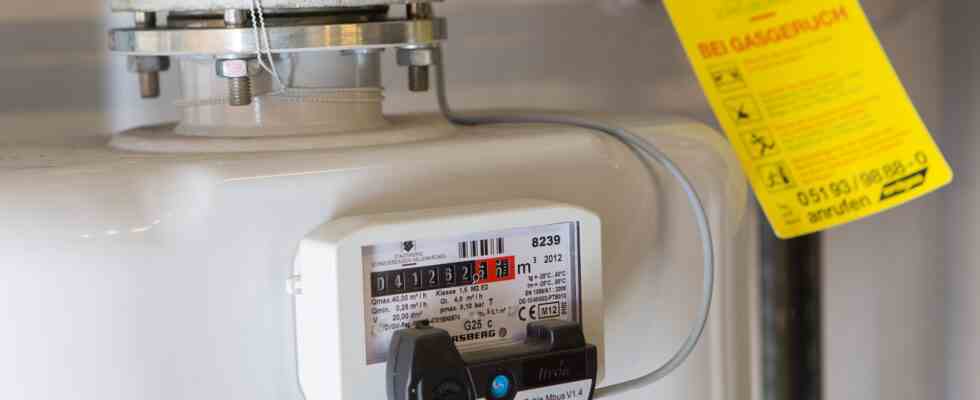comment
Status: 08/15/2022 5:25 p.m
Chancellor Scholz has promised that nobody will be left alone in the energy crisis. With the announcement of the amount of the gas surcharge, the government should now be specific and say who the state will help – and who not.
Now the bill is on the table – for Germany’s fatal dependence on Russian gas. Every consumer will soon be able to read from the monthly bill what it costs if the gas no longer comes from Siberia but has to be procured elsewhere in the world.
It is a bitter irony of politics that Green Minister Robert Habeck of all people has to present this bill to the tens of millions of gas customers in Germany. The Greens, as the opposition party, have fought bitterly for years against the construction of the Nord Stream 2 pipeline and thus against even greater dependence on Vladimir Putin’s arbitrary rule.
A turning point in energy policy
The gas surcharge makes it tangible: Russia’s attack on Ukraine is also a turning point in energy policy. A large part of the German energy supply has to be realigned under enormous time pressure. As of today, what that costs for gas can even be quantified to three decimal places: 2.419 cents per kilowatt hour more.
For a single household it can be around 200 euros in additional costs per year, for a family of four it can also be slightly more than 500 euros – if the EU Commission in Brussels is still sympathetic and allows the Federal Minister of Finance to at least reduce VAT on the avoid gas surcharge. The foreseeable price increases of most utilities will of course also come on top of the gas surcharge.
500 euros for a family – these are no longer peanuts. But an amount that makes some people wonder where and how they will have to lower their standard of living in order to be able to heat the apartment and prepare the food. The federal government has long since announced that there should be further relief for the lower income groups.
Signal needed for political course
Olaf Scholz, the Federal Chancellor, raised expectations quite high with his vague promise that nobody would be left alone. Really nobody? The chancellor and his finance minister should soon deliver what specific help individual citizens can count on. Because the federal government not only has to counteract the impression that the state can Everyone even come close to financially offsetting the consequences of the Ukraine war. A clear signal is needed for the political course – because there has long been a murmur through the country that support for Ukraine must have its limits somewhere.
Two other relief measures will expire in just over two weeks, the 9-euro ticket and the so-called tank discount. That would be a good opportunity to tell Germans who the state will help in the future – and who won’t. The federal government owes this clarity above all to the many people who have to reckon with every euro.
Looking towards fossil energies
Germany and the supposedly safe gas from Russia – it was a bit like decades of drug intoxication. Now Europe’s largest economy is in withdrawal. Getting off the drug will be painful, and it also takes self-criticism. In the end, however, the head can actually become clearer and one can look to a future in which there is no longer a need for a gas surcharge because fossil energies are a thing of the past.
Editorial note
Comments always reflect the opinion of the respective author and not that of the editors.
Commentary on the gas levy: the bill is now on the table
Lothar Lenz, ARD Berlin, August 15, 2022 at 4:36 p.m

